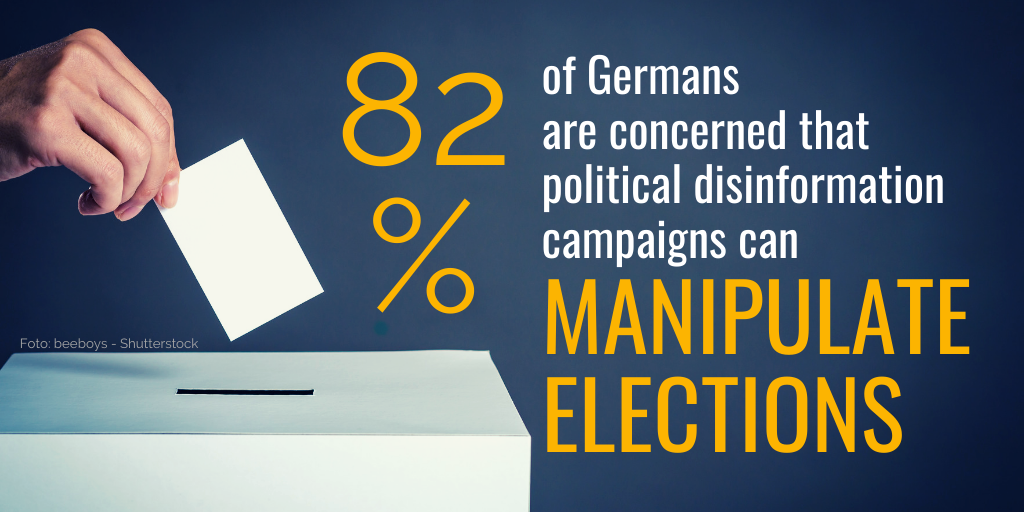Texty.org.ua journalist Liubov Velychko found herself under attack after publishing her research revealing pro-Russian messages on Telegram channels and its influence on MPs from the president’s Servant of the People’s party.
Velychko analyzed more than 10,000 messages of the five channels that are popular among the MPs, and found clear links between the messages and the decisions of MPs. After the research was published, she received numerous threats. Both the results of the research and the reaction to it reveal aspects of Russia’s ongoing disinformation tactics in the hybrid war against Ukraine.
The research was published simultaneously on texty.org.ua and liga.net.
To conduct the research, Texty asked MPs from the president’s party to name five Telegram channels they favoured the most. Some refused, but some agreed to provide their top five.
Vitaliy Moroz, head of the new media programs of the Public Association Internews-Ukraine, states that the popularity of Telegram originates in post-Soviet countries where Russia (read: the Kremlin) actively utilizes this media. Moroz goes on to say that a large segment of Ukrainian politicians have the “post-colonial” syndrome, and simply absorb the familiar Russian methods of influence in the information space:
“They are attracted to Telegram by the opportunity to be anonymous, creating hidden identities, transmitting ‘stove-piping’ (messages for the top powers) and masking the defense of Russian interests.”
Texty analyzed the content of the five channels for the period 1 September 2019 to 1 April 2020. The analysis of two of them showed signs of being managed by Russia. Their study also revealed that the content of the channels was supportive of Ukrainian pro-Russian politicians.
The investigation concludes that a number of messages promoted through the channels has been reflected in the parliamentary voting of the Servant of the People’s MPs.
The day after publication of the research, Velychko commented that each of these channels devoted parts of their news reporting to her research, rejecting any Russian influence on them. Some additional channels — not mentioned in the research — did the same. Velychko is confident that these channels are managed from Russia as well.
After the publication, the journalist also started to receive dozens of abusive Facebook messages. Some said, “We know where you live,” “When you go for a walk, be wary.”
“After the investigation was published, my Facebook page was indeed attacked by real and fake users. Throughout the day, these commentators denigrated me and threatened to find me and punish me for such investigations. At the same time, in my personal messages, I received threats and curses, which were aimed at preventing me from writing on topics related to the depth of the Russian war against Ukraine,” said Velychko.
Texty analyzed the methods of attack on the journalist.
1. The messages were mass and had numerous repetitions
The next day, each Telegram channel dedicated four news articles to the research. The channels spread fake news to persuade their readers that content was not being managed from Russia. Then, over three days, two of the channels managed to publish a total of 24 messages on the story. They ridiculed the author, her work, and the media outlets that published and financially supported the investigation.
“This achieves the effect of mass manipulation. People unconsciously start to believe the message which was heard many times, even if they know it was false — this is the nature of psychology.” – Texty.org.ua
2. Spreading many misleading messages
Texty’s article published some of the misleading messages that were spread. For example, saying that Velychko was paid $20,000 for the investigation; claiming that the research took only a week to conduct; and disputing that the journalist indeed analyzed 10,000 news-messages from the Telegram channels for the research. Some of the messages claimed there had been a collaboration with European Solidarity MP Viktoria Siumar, Deputy Head of the President’s Office Kyrylo Tymoshenko, Head of the Security Service of Ukraine Ivan Bakanov, and even international philanthropist George Soros.
“All of it is a lie which has a sole aim — to promote the message that the investigation is made in the interest of some persons. This is also a classic trick which in particular was used by the Russian ‘disinformators’ during the attempt to avoid responsibility for the Skripals’ poisoning.” – Texty.org.ua
3. Intimidation, humiliation, and harassment
Olha Shariy, the spouse of pro-Russian blogger Anatoliy Shariy, posted a YouTube video abusing Velychko and ridiculing her investigation. Following this, Velychko started receiving dozens of vicious comments through her private social media.
Texty maintains that intimidation is yet another classic weapon of Russian disinformation that journalists who uncover evidence of Russia’s hybrid war face constantly.
They offer the example of Jessikka Aro from Finish TV and Radio who became a target for Russian trolls after she started a series of programs in 2014 on Russia’s social media propaganda aimed at the Finnish people. Texty has concluded that everything being experienced by them is following the exact model of the Russian information war in which Ukraine is an epicenter.








